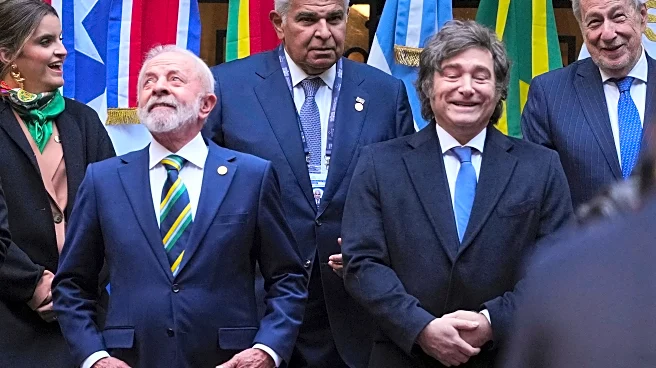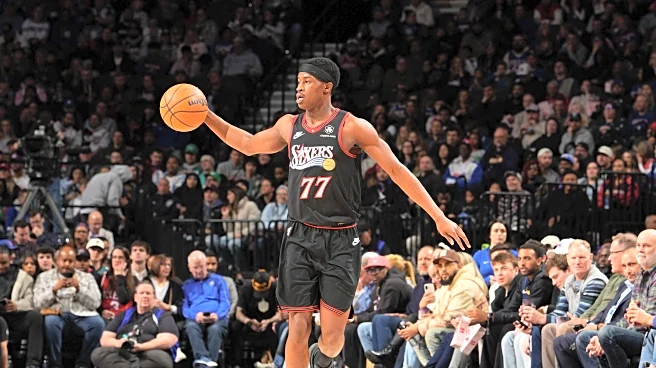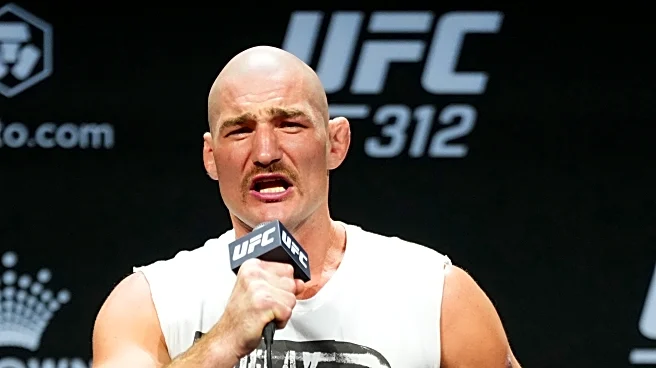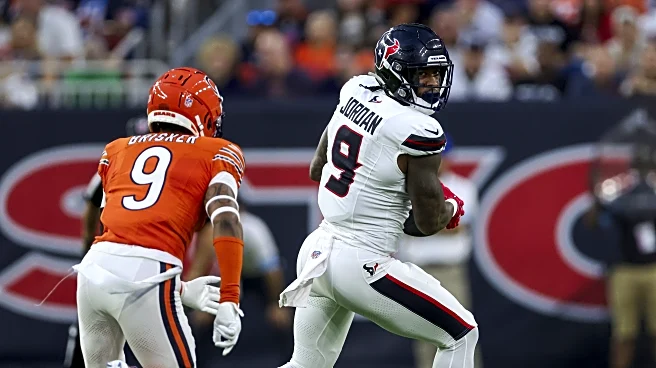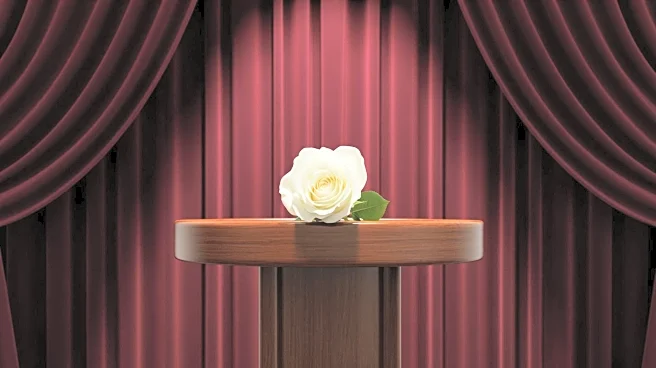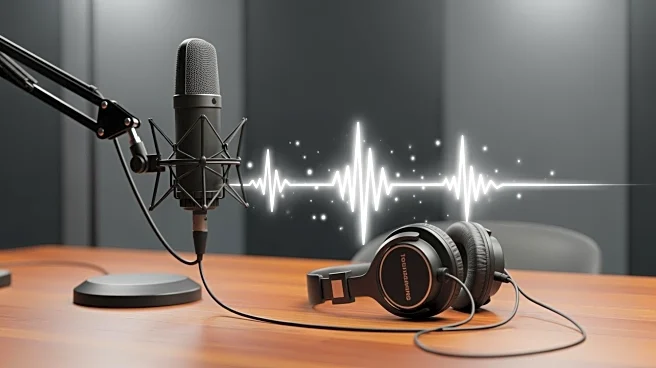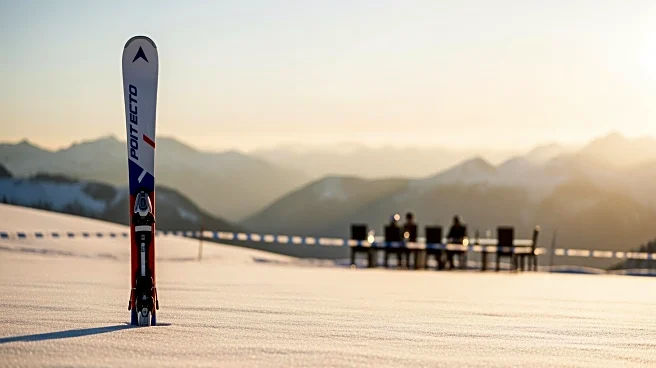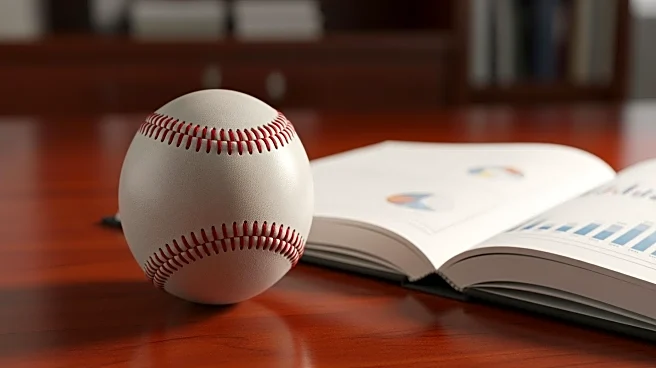RIO DE JANEIRO (AP) — South America's Mercosur bloc signed a free trade deal Tuesday with the European countries of Iceland, Liechtenstein, Norway and Switzerland, as ties between the two continents deepen
amid global uncertainty sparked by sweeping U.S. tariffs.
The agreement was signed in Rio de Janeiro between Argentina, Brazil, Paraguay and Uruguay on one hand, and the four European countries — none of which belong to the European Union — on the other. The deal will create a free trade zone of almost 300 million people and a combined gross domestic product of more than $4.3 trillion, according to a joint statement.
“Even in a world marked by trade tensions and rising protectionism, we remain advocates of international trade based on rules,” Brazil’s Foreign Minister Mauro Vieira said at the ceremony on Tuesday.
The reference to tension and protectionism was aimed at tariffs imposed by U.S. President Donald Trump on a wide range of countries.
Trump enforced tariffs of 50% on Brazil in response to, among other issues, the coup trial of former President Jair Bolsonaro, which the U.S. president called a “witch hunt.” Last week, a panel of justices ruled that the ex-leader had attempted a coup and sentenced him to 27 years in prison.
Tuesday's deal covers goods, services, investment and intellectual property rights, among other areas. It could generate a drop in prices of Swiss chocolate and Norwegian cod in the South American nations, and cheaper beef in the European countries.
“Both sides will benefit from improved market access for more than 97% of their exports, which will increase bilateral trade and translate into benefits for businesses and individuals,” the joint statement said.
Each country must ratify the trade deal for it to come into effect. The 14 rounds of negotiations leading up to the deal began in June 2017 in Buenos Aires.
The Mercosur bloc also hopes to soon ratify a much larger free trade deal with the European Union. Last December, the two groups of nations agreed to the deal some 25 years after negotiations were launched, but it still needs to be ratified by both sides.
Observers say that the EU-Mercosur trade deal increased in importance for Brazil after Trump’s 50% tariff, as it led to an increased push to diversify trading partners.
Brazil's Foreign Ministry said the country is also committed to “concluding negotiations with the United Arab Emirates soon, resuming negotiations with Canada, and expanding existing agreements with Mexico and India, among other negotiating fronts.”
Brazilian President Luiz Inácio Lula da Silva said on X that Tuesday's deal “highlights the importance of multilateralism, the strengthening of our bloc, and our partnerships with European countries.”
